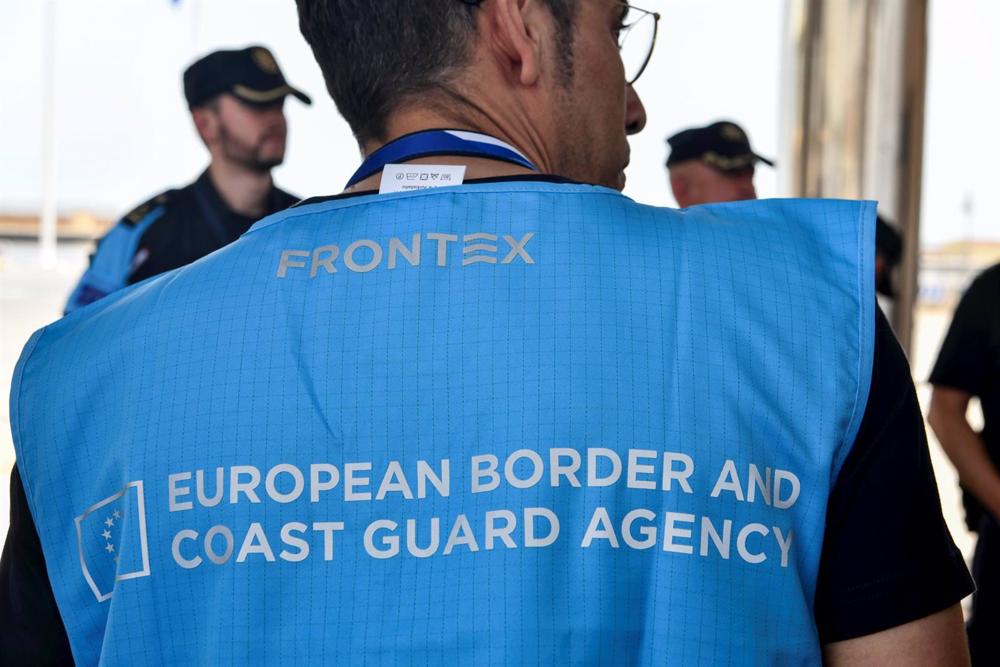
The European Union and North Macedonia have signed an agreement providing for the deployment of European Border and Coast Guard (Frontex) officers in case the Macedonian authorities need assistance in controlling migration flows.
Thus, the EU-27 and Skopje have signed this Wednesday the agreement reached by both parties two weeks ago and whose proposal was already formalized by the European Commission at the end of September.
The event was attended by the President of the European Commission, Ursula von der Leyen, and the Prime Minister of North Macedonia, Dimitar Kovacevski, who witnessed the signing of the agreement by the Commissioner for Home Affairs, Ylva Johansson, the Czech ambassador in Skopje, Jaroslav Ludva, and the Macedonian Minister of the Interior, Oliver Spasovski.
The agreement will strengthen the capacity of Frontex in the immediate vicinity of the EU with the aim of assisting the North Macedonian authorities in managing irregular migration, combating smuggling and improving security at the EU’s external borders, the European institution said in a statement.
In fact, Johansson herself has stressed that the signing of this agreement allows Frontex to deploy its teams in North Macedonia to «work side by side» with the country’s border authorities in order to ensure the safety of Macedonian citizens and the EU.
In line with Frontex rules, as already detailed in mid-October by the European authorities, the agreement includes «robust» provisions for the protection of Fundamental Rights and the monitoring of their enforcement.
Negotiations between the EU Executive and the Balkan country began in July 2018, with the aim of carrying out joint operations with local law enforcement agencies and forces, especially in cases of migration crisis.
However, despite the initial dialogue and the apparent predisposition of both parties, it has not been until four years later that the texts have received the ‘green light’ and have been initialed by the Macedonian authorities and the European bloc.
The European Union currently has similar agreements in place with Albania, Montenegro and Serbia, while negotiations are underway with Bosnia and Herzegovina.






